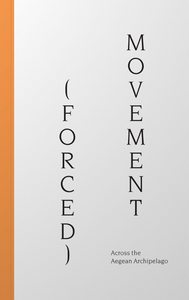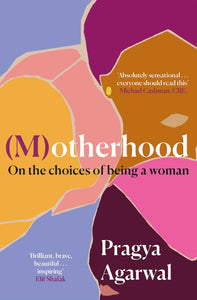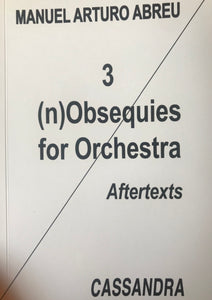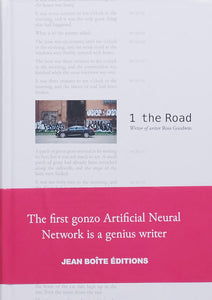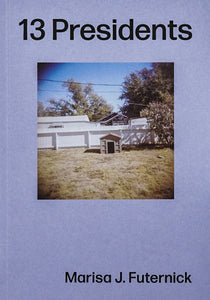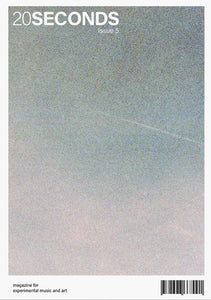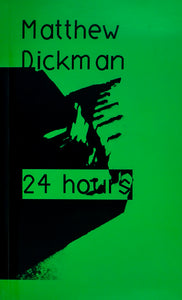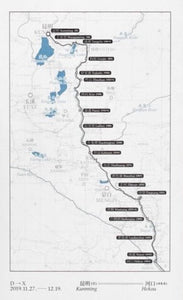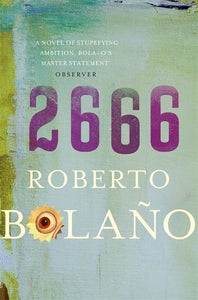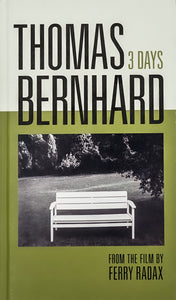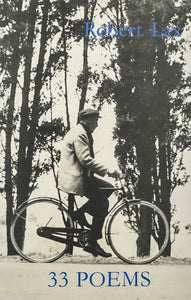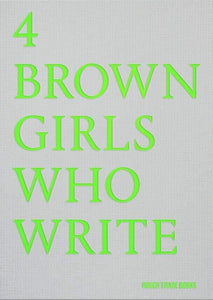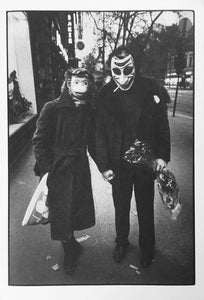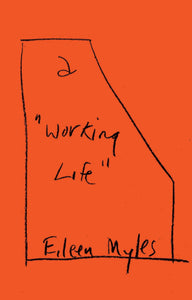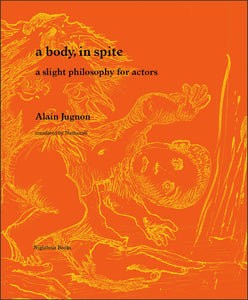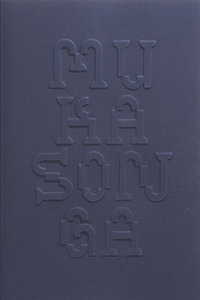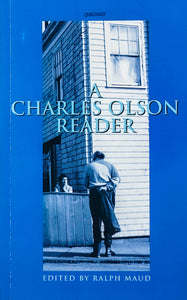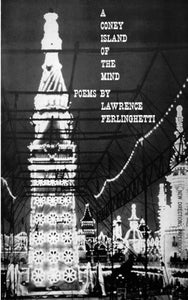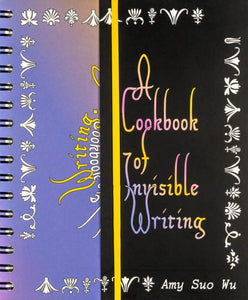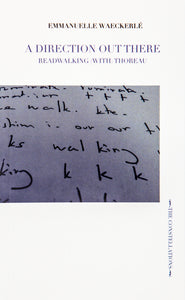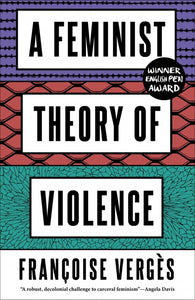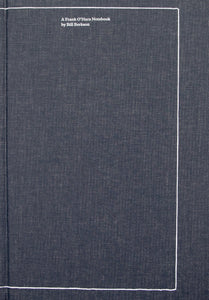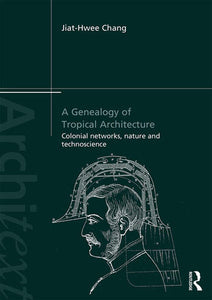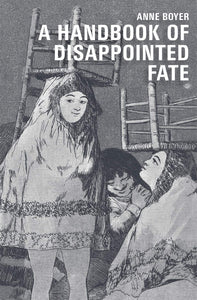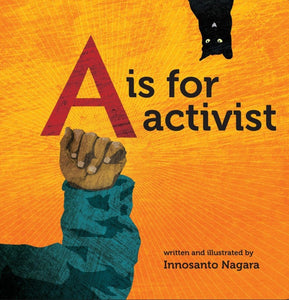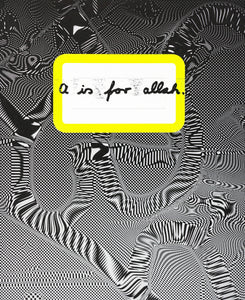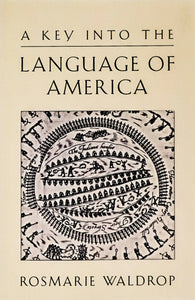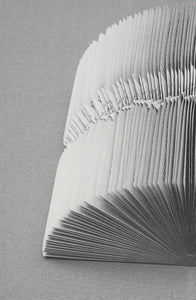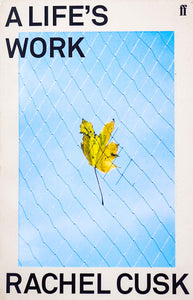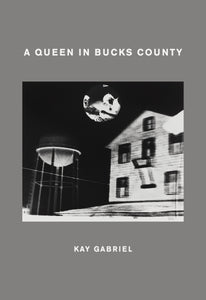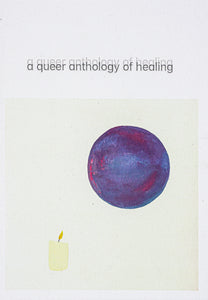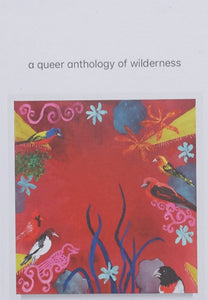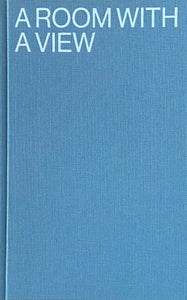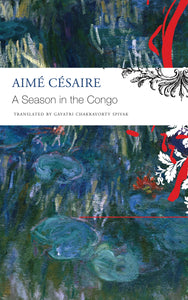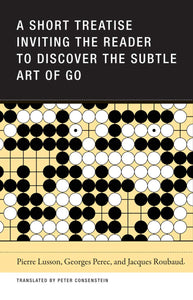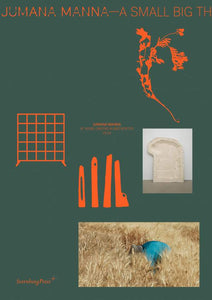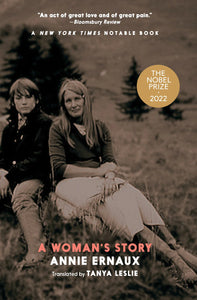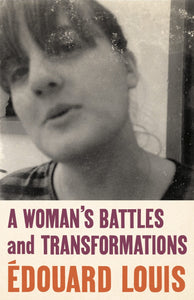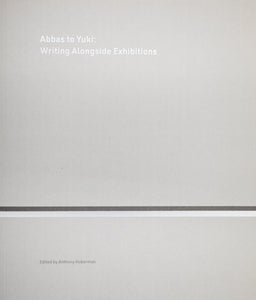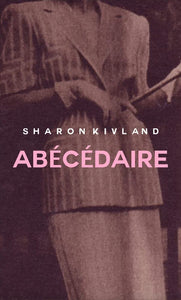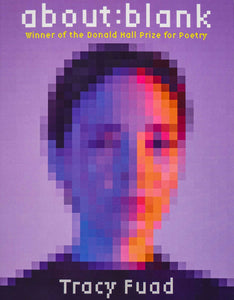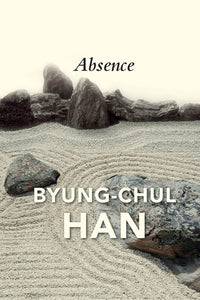Corona Tales: Let Life Happen to You
Chus Martínez



When she started writing the Corona Tales, Chus Martínez had been weighing how people and the media were addressing the outbreak of the virus as an unprecedented disaster. One possible contribution, as curator and writer, would be to write a short story a day and post it on an Instagram account that many could access…
Martínez grew up with her grandparents till she was four, and so did her cousin, while both their parents migrated to a big city—hers to Barcelona, his to Basel—to work. The grandparents’ childhood was marked by extreme poverty: the Spanish flu left the grandfather orphan of both parents; the grandmother’s family, from the same small village in the north west coast of Spain, was also forced to encourage their children to help and work for money. These circumstances were reflected by them—with no trace of sorrow or bitterness.
The recovery was so slow that the author’s mother could not afford to attend school and it was only when she married that she and her father enrolled a night course. The stories about these two generations, posted daily, from Basel, around 7pm, offered a chance for gathering, if just virtually, demanding to identify vulnerabilities, how the COVID-19 crisis was being generalized, and how to research ways of doing. Accompanied for the first time in this book by new imagery, they provide tools for reflecting in the past and present tense.
Martínez grew up with her grandparents till she was four, and so did her cousin, while both their parents migrated to a big city—hers to Barcelona, his to Basel—to work. The grandparents’ childhood was marked by extreme poverty: the Spanish flu left the grandfather orphan of both parents; the grandmother’s family, from the same small village in the north west coast of Spain, was also forced to encourage their children to help and work for money. These circumstances were reflected by them—with no trace of sorrow or bitterness.
The recovery was so slow that the author’s mother could not afford to attend school and it was only when she married that she and her father enrolled a night course. The stories about these two generations, posted daily, from Basel, around 7pm, offered a chance for gathering, if just virtually, demanding to identify vulnerabilities, how the COVID-19 crisis was being generalized, and how to research ways of doing. Accompanied for the first time in this book by new imagery, they provide tools for reflecting in the past and present tense.
Year
2020
Length
200 pages
Cover
Softback
Binding
Perfect binding
Dimensions
10.5 x 17 cm.

